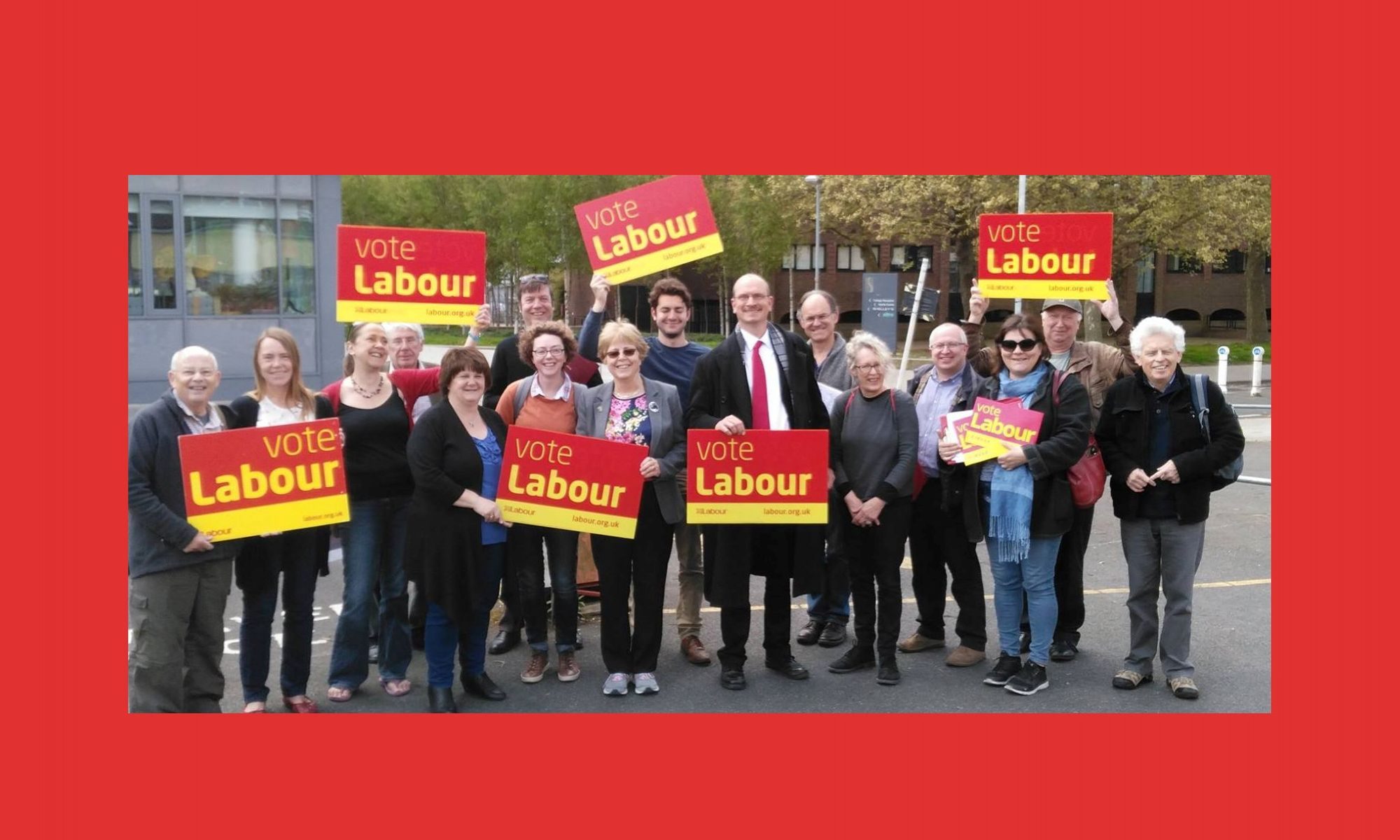Over the past year we have seen on television the devastating effects that plastic pollution can have on fish and turtles and whales and birds. Plastic is in our seas and blowing across our fields, the fumes from burnt plastics infect the air we breathe, and we even have plastic inside our bodies, ingested through the food we eat.
Of course, plastics are not the only polluting waste. We are all fed up with fly-tipping and litter staining our countryside, the disgusting waste that gets spread across our streets far too often, the shopping trolleys dumped in our rivers, and our drains clogged with inappropriate things such as wet-wipes and waste cooking-oil.
But the problem of waste is not just about pollution, serious though that is. When things are made energy is expended, which increases climate change, and damage is caused by mining, manufacturing processes, and transport of materials. The way they are disposed of affects our environment too.
Just before Christmas, the Government published its long-awaited waste strategy. The main reason for making it a 25-year strategy appears to be to delay many of the changes needed for up to 25 years. Eliminating food waste from landfill is targeted for 2030, yet when Ipswich Borough Council tried to introduce food waste collections in 2011 their bid was turned down by the Government. It mentions free garden waste collections, which we did until the Tory County Council stopped funding it – now only Labour-controlled Ipswich still collects kerbside green waste. The 65% target recycling date for household solid waste is 2035 – but parts of Europe met that percentage before 2000. And the target date for eliminating all avoidable waste is 2050. If we are going to meet our climate change goals, if we are going to prevent the world’s oceans from simply becoming a plastic soup, in short if we are going to survive as a healthy planet, we cannot wait 25 years before acting.
Over and over again the “strategy” seems to be “consultation” – in many cases not even starting until 2022 or 2023 (conveniently after the last possible date for a general election). The very least we ought to be able to expect from the Government is a timetabled plan for significant measures before the end of its current term – assuming it lasts that long. That ought to be the focus of the document – aspirations for the future are valuable, but not as valuable as actual proposals.
The strategy talks of making the producers of goods pay for recycling them, but the current Packaging Recovery Note system has not had much effect on behaviour. When the right incentive goes to the right people it works well – for example the plastic bag charge, which has successfully reduced plastic bag use at supermarkets by over 80%. But while shoppers can decide not to have a new bag by bringing their own, they can’t decide not to have a plastic wrapper for their sprouts if there isn’t an alternative available.
In any case, before recycling can improve significantly, our councils will need significant funding for the extra bins and vehicles and machinery required. The proposed £15 million fund for “pilot schemes” will not even scratch the surface. The Labour Government raised household waste recycling across the UK from 7% to 40%, with separate kerbside bins and recycling plant like at Great Blakenham, but it took a lot more than £15 million of capital investment to achieve that.
90% of plastics disposed of in the UK are not recycled. People need to know what they can recycle and how to do it. Where recycling is made clear and straightforward, people will do it. WRAP – the recycling information organisation – needs to be properly funded and independent of business so that it can play the part it played under Labour in educating and encouraging local councils and residents.
The government is concerned about the issue – that’s welcome. But there’s not enough sense of urgency. There’s not enough detail about how many of the schemes might work. There’s not enough emphasis on pollution of our air and seas. And there’s no commitment to the capital investment needed – especially for local councils already cash-strapped under the Government’s austerity programme.
Labour’s strategy will be far more bold when we are in government. Meanwhile, we will hold the Conservatives to their commitments in this strategy. At the next Budget, we will demand to see the finances needed to achieve those commitments. Without that, this strategy is a bit rubbish.
